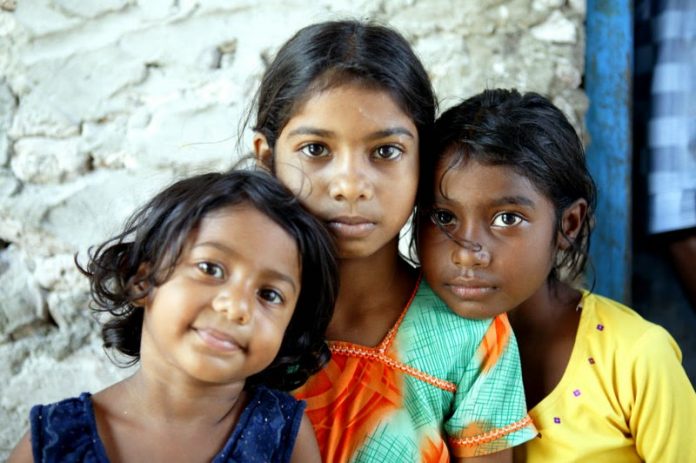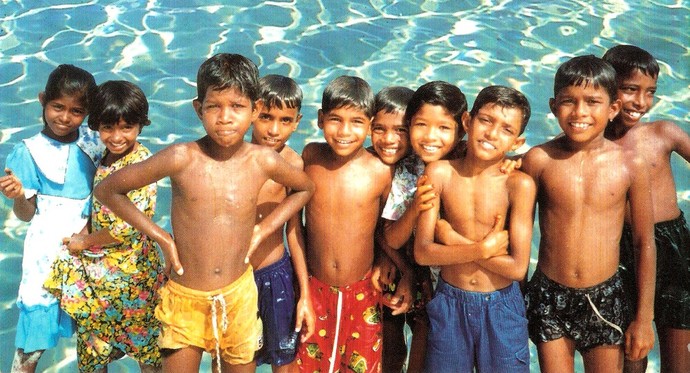
ARC has strongly condemned the circulation of a video depicting inappropriate sexual behavior among minors on social media platforms. Propagation of inappropriate content of children is not only contradictory to the rights and dignity of the children involved but also negatively impacts the well- being of the children and their families in the long-term.
As children’s behaviors are often derived through observations or interactions from their environment, it is important to work with the children and their families to address such issues. ARC urges the public to report such photos or videos to the relevant authorities for investigation, as such incidents may also be indicative of child sexual exploitation. Moreover, re-circulating inappropriate photos or videos of children could subject them to further exploitation or abuse.

Article 33 of the Child Rights Protection Act 2019 that came into effect on 20 February 2020, stipulates that personal information of a child shall not be published in a manner that may be detrimental to the dignity of the child. It also specifies that the name, address, school, photographs, or any means of directly indirectly identifying a child in need of protection or care, shall not be published through media or any other such platforms.
Furthermore, producing or distributing obscene material is an offense under Article 622 of the Maldivian Penal Code. This offense is deemed more serious if the obscene material depicts children.
As photographs and videos posted online can remain in servers despite being taken down from webpages, ARC urges the general public to use the internet responsibly and to educate themselves on the dangers and harmful impacts of circulating inappropriate content depicting children.








